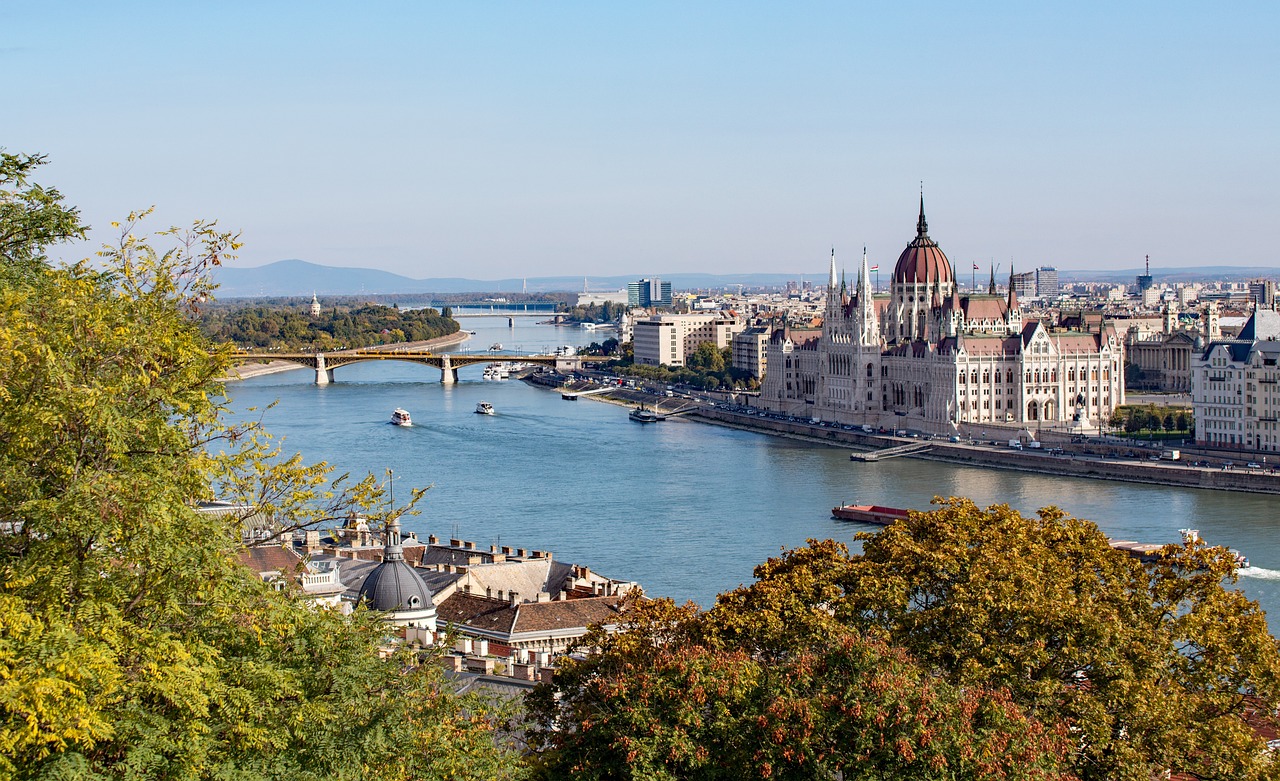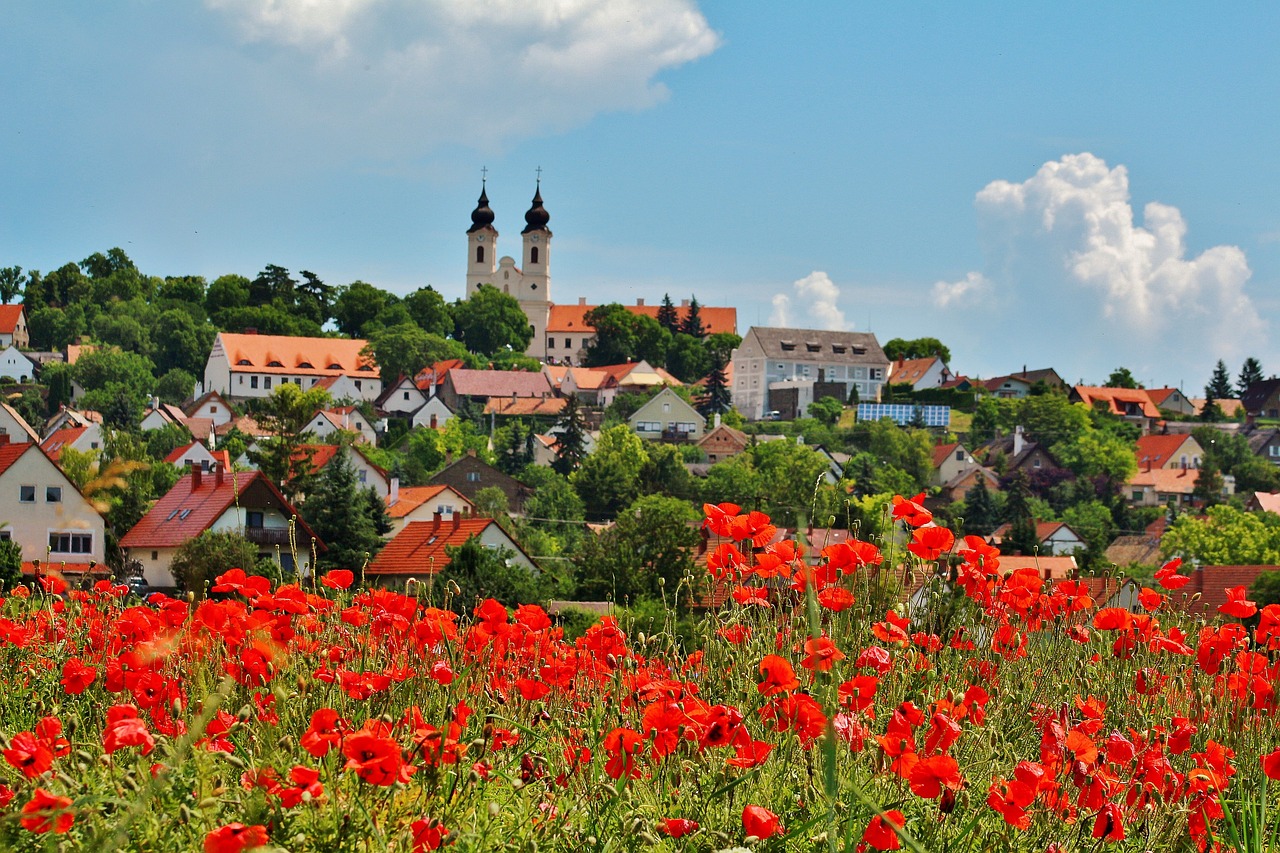Change language:
Real estate: Rising Russian and Vietnamese investment fuels Hungary’s property boom

In 2023, Hungary’s real estate market experienced impressive growth across all sectors. Sales in second-hand housing surged by over 30%, while new-build homes saw even more substantial growth, with an increase of over 50%.
Budapest emerged as a particularly hot spot, recording a 55% rise in sales in the first half of the year, followed by a 38% increase in the latter half. According to Index, experts anticipate this momentum to continue, especially in the capital. Although younger buyers (under 35) are moderately represented in the overall market, they are making a significant impact in smaller towns and villages, where housing costs are lower.
Rural regions have become increasingly attractive to younger buyers, thanks to family home-building discounts and other support programmes aimed at promoting homeownership in these areas. Looking ahead, additional economic incentives could enhance young people’s presence in the market, potentially reshaping demographic trends in Hungarian real estate.

Foreign investors in the market
Despite a decline in foreign property purchases in 2022, international interest remains robust, particularly around Lake Balaton and in Budapest’s central districts. German, Russian, Chinese, Vietnamese, and Israeli buyers are leading the way, drawn to these areas for second homes or holiday properties. In Budapest’s inner city, foreign buyers accounted for 25% of all transactions, while the Lake Balaton area also saw sustained demand from international purchasers.
Foreign buyers represented approximately 9% of all real estate transactions in Budapest, contributing 12% to the overall market value. According to Economx.hu, demand is especially high in central neighbourhoods of Pest, where foreign transactions make up 22% of sales volume and 28% of market value. Around Lake Balaton, in the scenic Somogy and Zala counties, about 15% of properties were sold to foreign buyers, predominantly from Germany, Austria, and Belgium, seeking holiday homes.

Which nation leads in investment?
German buyers remain the largest group among international investors, purchasing around 1,500 real estate properties in 2023, although their numbers have slightly decreased since last year. They continue to focus on areas near Lake Balaton, with a strong presence in Somogy and Zala counties. Meanwhile, East Asian buyers, primarily Chinese and Vietnamese, are increasingly attracted to Budapest, particularly in higher-value inner-city areas, with younger buyers showing notable interest in the market.
Notably, younger buyers are particularly drawn to Budapest not only for its upscale neighbourhoods but also for the city’s promising long-term investment potential. This dual appeal has significantly boosted demand for high-end real estate in the capital, as young professionals seek both quality living spaces and reliable investment opportunities.
Foreign interest, though shifting slightly, remains strong in iconic areas such as Budapest’s inner city and Lake Balaton. As economic policies adapt and market demand continues to evolve, Hungary’s real estate landscape is likely to see even more diverse participation, making it an intriguing market for buyers and investors alike.
Read also:
- Hungarian finance minister highlights growing economic ties with Georgia in Tbilisi meeting
- The rise of international students in Hungary: a global perspective on education








Ah … Foreign money! Russians, Chinese, Vietnamese … All of whom normally struggle getting a Schengen visa …
https://immigrantinvest.com/blog/hungary-golden-visa-en/
Do check out the “Nine Advantages” section. Oh, joy.